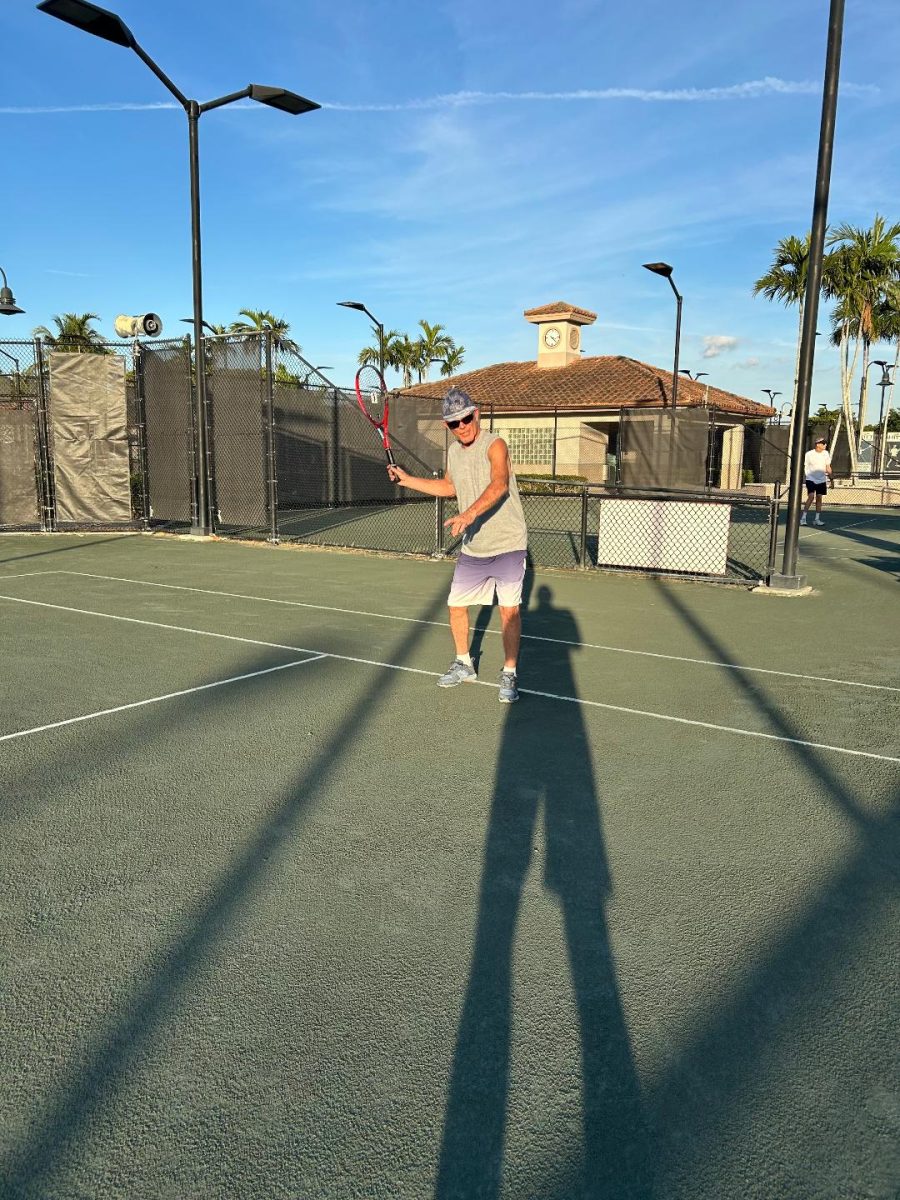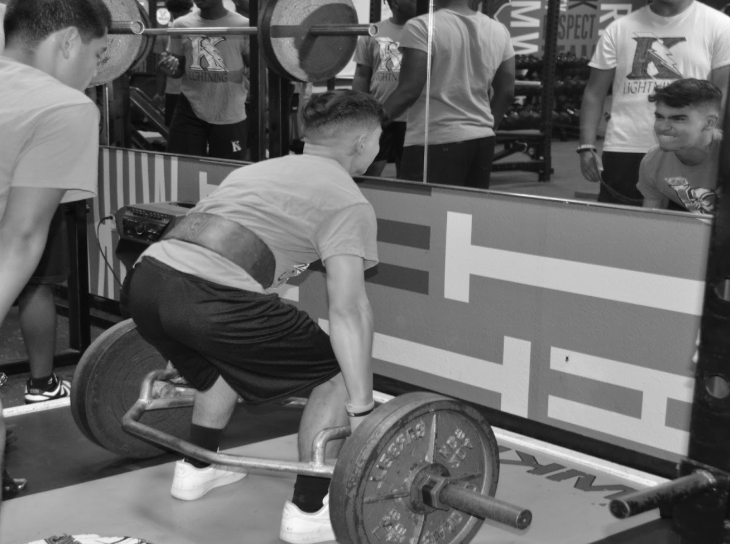Krop’s very own botanical garden opens the door for students to gain environmental awareness, and learn valuable skills in a hands-on, engaging way.
Environmental Science teacher Amy Leonard has taken on the responsibility of managing and supervising the garden alongside her students, seizing every opportunity to use the garden as a learning tool, food source and community service opportunity.
Prior to Leonard’s adopting of the garden, her predecessor Sue Green founded and built a foundation for the garden, maintaining and heading all projects within it. Prior to Leonard taking over the garden had been poorly kept up with for 6 years.
“When I took on the responsibility of the garden it was shifting into a state of disrepair, alone it would take forever to get through it,” Leonard said.
Leonard also uses the garden to align with the student’s learning in the classroom. At the start of the year, groups are assigned to research different vegetables and select the varieties best suited for South Florida’s climate and soil.
“We also have service learning projects in my Botany classes to plan for future beautification projects for the school,” Leonard said.
Some of Leonard’s students have taken it a step further in extracurricular activities. Senior Jared Barentt-Ray joined Project Fairchild, “Growing Beyond Earth,” which is a federally funded program designed to advance NASA research on growing plants in space. Participants in Project Fairchild grow batches of seeds sent by Fairchild in classroom environments using new plant varieties and growing techniques, collecting valuable information.
“The experience I’ve gained from being hands-on in the garden makes growing indoors a smoother process and helps me take care of the plants in the most optimal way,” senior Jared Barnett- Ray said.
Offering a plethora of vegetation to choose from like cherry tomatoes, eggplant, collard greens and lettuce, staff and students alike harvest from the garden to enjoy its pleasantries.
“With food from the garden I know the processes the plants have or haven’t gone through, how they were grown, and that there are no harmful chemicals that you would find in almost all of the foods you buy at the store,” senior Keisha Pierre said.
The garden provides more than classwork and food though, it serves as a collaborative opportunity, community service hours for projects regarding the garden and invaluable insight to all students.





























